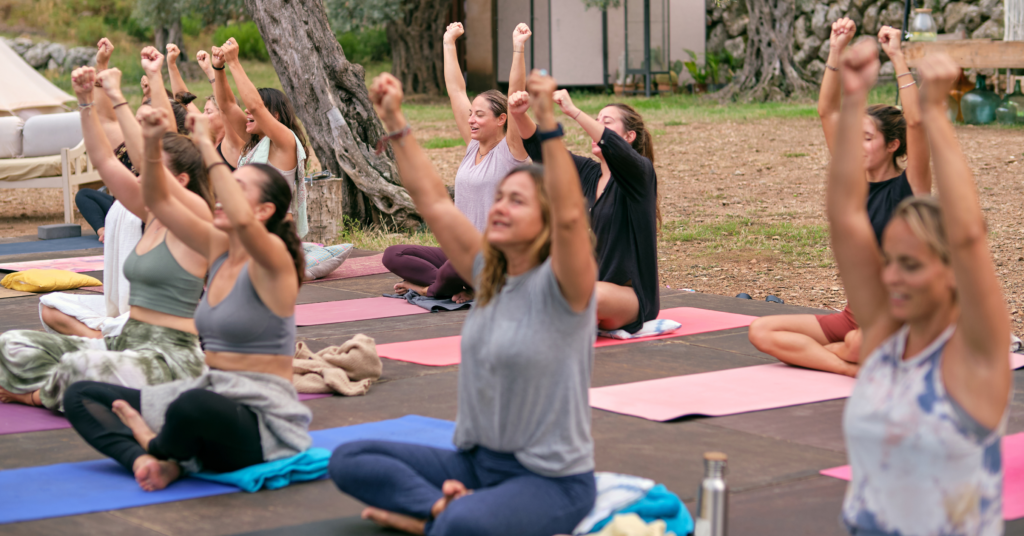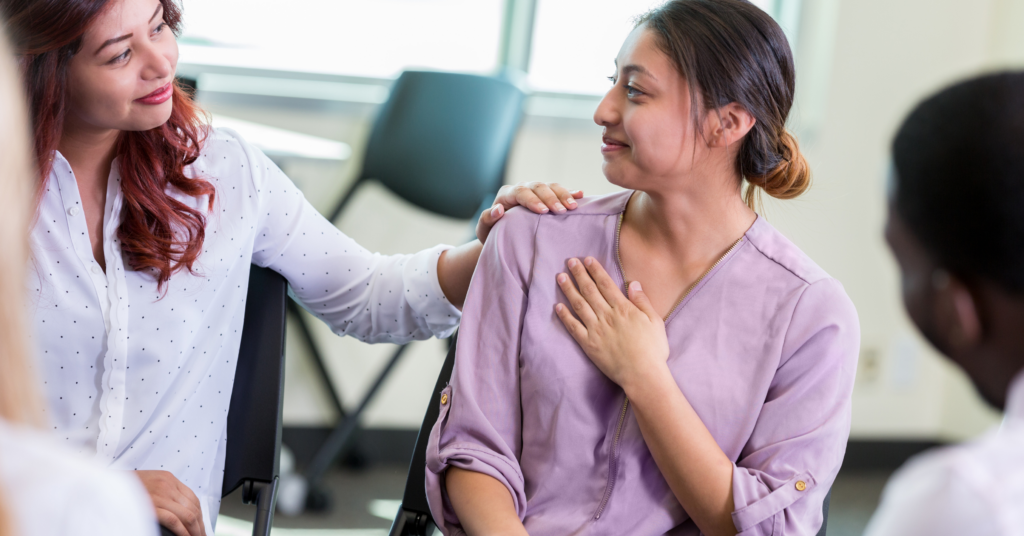Self-Care and Self-Compassion in Trauma Recovery

Trauma leaves a lasting mark on the human psyche, affecting not just the mind but also the body and spirit. Whether stemming from childhood abuse, traumatic injuries, or other harrowing events, trauma can disrupt every facet of life, leaving individuals grappling with overwhelming emotions, intrusive memories, and a profound sense of disconnection. In the journey toward healing from trauma, incorporating self-care and self-compassion becomes not only beneficial but essential. In Cloverdale, BC, where community and individual wellness are deeply valued, this approach is particularly vital.
Understanding Trauma and Its Effects
Trauma is not merely an event; it’s an experience that can alter one’s perception of oneself, others, and the world. It impacts the brain’s stress response system, leading to heightened arousal, hypervigilance, and difficulty regulating emotions. Trauma survivors may also experience symptoms such as flashbacks, nightmares, avoidance, and dissociation, all of which can profoundly affect their daily functioning and overall well-being. Trauma not only affects the individual but also their interactions with others, potentially straining personal relationships. Understanding the impact of trauma on relationships can provide deeper insights into these dynamics and aid in the healing process.
Seeking Professional Support
In Cloverdale, seeking support from local therapists or counselors who specialize in trauma can be a critical step in recovery. Our rehab clinic offers a team experienced in trauma-informed care, providing residents with professional guidance right here in the community. Professional guidance can provide validation, coping strategies, and a safe space to process painful emotions and memories. Therapy offers an opportunity to explore the roots of trauma, develop healthy coping skills, and gradually integrate the fragmented pieces of one’s story into a cohesive narrative.
Identifying Triggers and Developing Coping Skills

Trauma survivors often encounter triggers—stimuli or situations that evoke distressing emotions or memories associated with the trauma. Identifying these triggers is crucial for learning to manage reactions effectively. By developing healthy coping skills such as deep breathing exercises, mindfulness meditation, and grounding techniques, individuals can regulate their emotions and reduce the intensity of their responses to triggers. For those experiencing disorientation or balance issues as a result of their trauma, exploring specialized treatments like vestibular rehab can be crucial. Vestibular Rehab: Balance & Healing in Cloverdale, BC offers insights into how these programs cater to the unique needs of trauma survivors.
Establishing Boundaries and Prioritizing Self-Compassion
Setting boundaries is essential for protecting one’s emotional and physical well-being during trauma recovery. Learning to say no to activities or relationships that may retraumatize or overwhelm is an act of self-preservation. Additionally, cultivating self-compassion—treating oneself with kindness, understanding, and acceptance—counteracts the self-blame, shame, and harsh self-criticism often experienced by trauma survivors.
Engaging in Self-Care Activities and Prioritizing Physical Health

Engage in local self-care activities such as walking in Cloverdale’s serene parks, joining community yoga sessions at the Cloverdale Recreation Centre, or participating in local arts and crafts workshops to promote relaxation and self-nurturing. Incorporating local self-care activities, such as aquatic exercise, can significantly enhance physical health, which is crucial for trauma recovery. Benefits of aquatic exercise include improved joint mobility and reduced stress, complementing traditional therapy approaches. Furthermore, prioritizing physical health through nutritious eating, regular exercise, adequate sleep, and attending to medical needs strengthens the body’s capacity to cope with stress and trauma. Prioritizing physical health is essential during trauma recovery, and exploring different therapeutic methods can be beneficial. What are the benefits of physiotherapy? This topic explores how physiotherapy can aid in the physical and emotional recovery process.
Building Supportive Relationships and Monitoring Progress
Surrounding oneself with supportive individuals who validate experiences and provide encouragement is invaluable in the healing journey. Cultivating connections with friends, family members, support groups, or online communities fosters a sense of belonging and understanding. Additionally, monitoring progress and noticing changes in mood, symptoms, or overall well-being allows for adjustments in self-care practices to better meet evolving needs.
Self-Care and Self-Compassion: Essential Tools for Healing
Self-care and self-compassion are not indulgences; they are essential components of trauma recovery. By prioritizing one’s well-being, setting boundaries, practicing self-compassion, and engaging in activities that promote relaxation and self-nurturing, individuals can navigate the complexities of trauma with greater resilience and strength. Trauma recovery is a journey fraught with challenges, but with self-care and self-compassion as companions, healing becomes not only possible but transformative.
Conclusion

For residents of Cloverdale, embracing self-care and self-compassion in the journey of trauma recovery strengthens community ties and personal resilience. Our local resources and supportive networks provide a foundation for healing and thriving beyond the wounds of the past. Through seeking professional support, setting boundaries, and engaging in nurturing activities, survivors replenish their emotional reserves and foster resilience in the face of adversity. As they navigate the intricate landscape of healing, self-care and self-compassion become not only tools for survival but beacons of hope, illuminating the path toward reclaiming agency, rebuilding connections, and ultimately, thriving beyond the wounds of the past.
Navigating the aftermath of trauma can be challenging, but you don’t have to do it alone. Our team at Clover Hills Rehabilitation has expert counseling in Cloverdale that offers a supportive space to explore your feelings, manage your symptoms, and start rebuilding your life with the guidance of compassionate professionals. Our counselors specialize in trauma recovery and are committed to providing the care and support necessary to help you heal. Contact us today to begin your path towards a more resilient and fulfilled future. Your journey to recovery is important, and with the right support, profound healing is within your reach.
